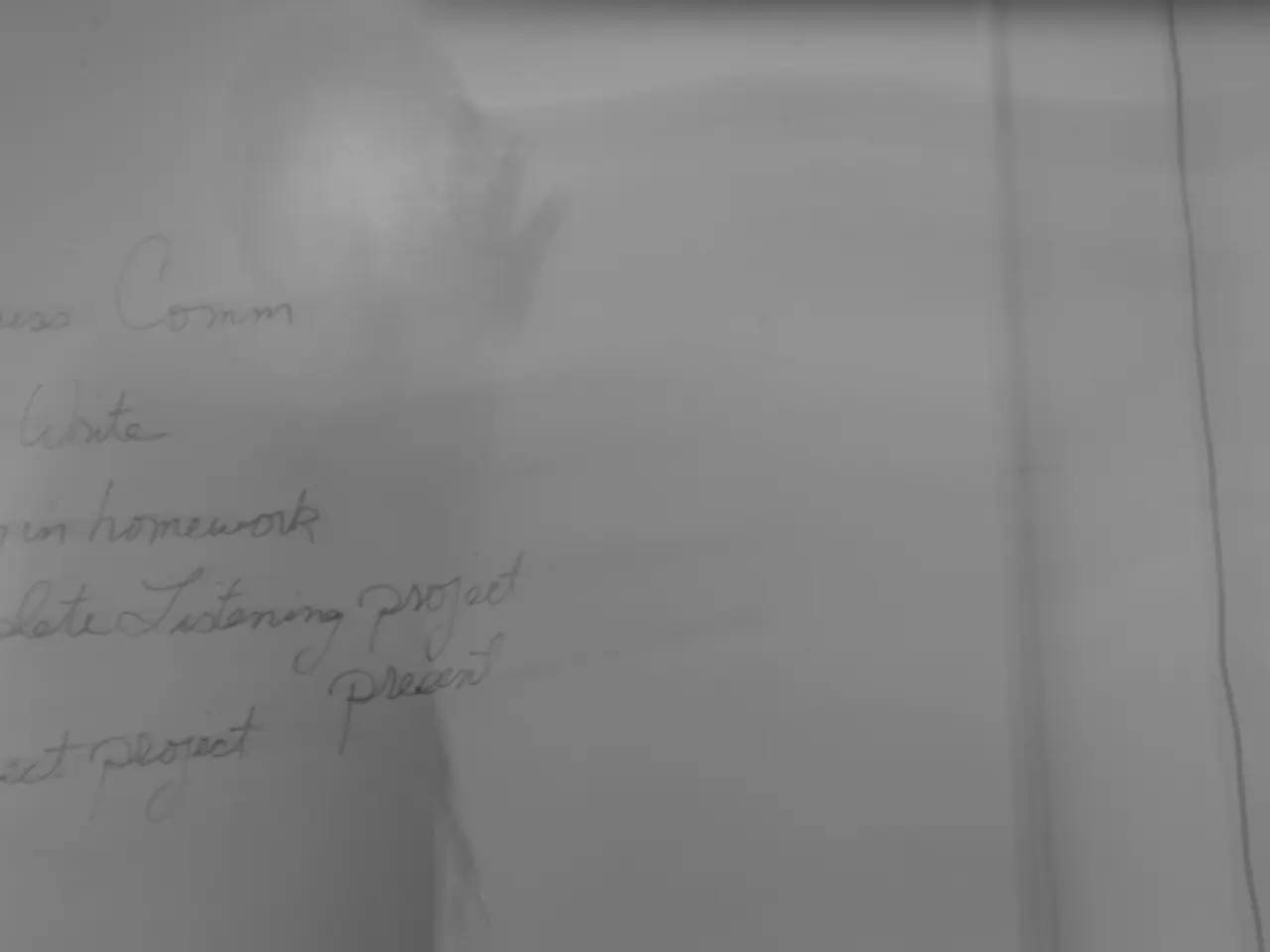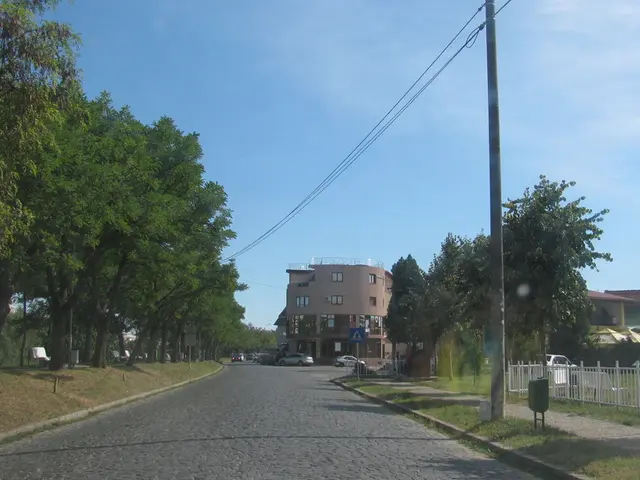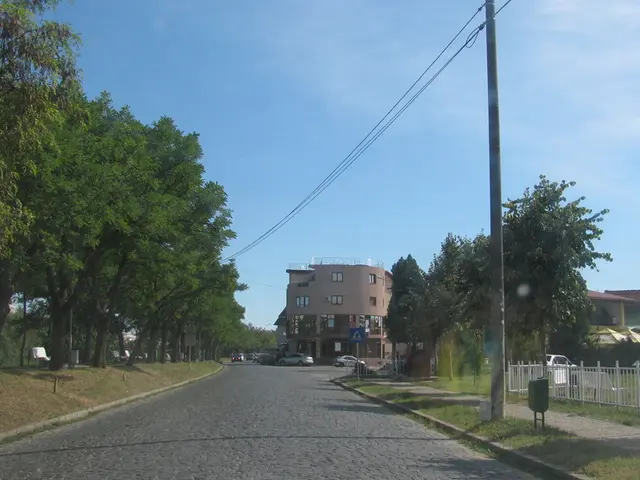Eliminate the tax on energy savings simplification in electricity costs
Simplifying Energy Policy to Lower Electricity Bills
In an effort to combat rising electricity bills and promote clean energy, L. Michelle Moore, CEO of Groundswell and author of Rural Renaissance, is leading the charge. Groundswell is a company working with municipal and rural utilities across eight states to build community solar and energy storage projects worth over $400 million.
These projects, which are expected to save electricity bills for more than 17,000 families, are a testament to the power of collaboration between local leaders, municipalities, utilities, and the people they serve. Groundswell's work has already resulted in the completion of 100 home repairs with energy efficiency, reducing energy consumption and bills by more than 30%.
However, the path to these savings is not without obstacles. The complexity tax in energy policy is a significant hurdle. This "tax" refers to the time, money, and effort wasted due to complicated regulations, paperwork, permits, shifting policies, and conflicting federal programs that delay and complicate energy projects. This leads to inefficiencies like long waits for interconnection permits and uncertainty around contracts and incentives, all of which drive up the costs of adding new power to the grid and ultimately increase electricity rates for consumers.
Recent tax and policy changes, such as the 2025 budget reconciliation bill's accelerated deadlines and sourcing restrictions on clean energy tax credits, exacerbate this complexity tax by compressing timelines and increasing compliance scrutiny, causing additional upward pressure on rates.
In rural communities, families are paying 20% of their household incomes to keep the lights on. High electricity bills are linked to declining housing, and housing repair needs stand in the way of deploying energy efficiency. Many of the projects would also serve as resilience hubs during power outages, providing a crucial service to these communities.
To resolve America's self-inflicted energy crisis, Washington must correct course and end the complexity tax on energy. Streamlining regulation and stabilizing policy is seen as a critical step toward lowering electricity bills despite inevitable rate pressures. Groundswell's use of AI and data platforms to streamline the process offers a promising solution to this complex issue.
Despite these challenges, the potential for savings is significant. Eliminating duplication and aligning enrollment requirements with states and utilities could drive greater savings. With the right policies in place, companies like Groundswell can continue to make a positive impact on the lives of families across America.
References:
- https://www.greentechmedia.com/articles/read/how-the-infrastructure-investment-and-jobs-act-could-resurrect-the-solar-investment-tax-credit
- https://www.greentechmedia.com/articles/read/the-complexity-tax-on-renewables-is-a-big-deal
- https://www.washingtonpost.com/business/2021/03/11/biden-administration-to-propose-raising-corporate-tax-rate-to-28-percent/
- https://www.forbes.com/sites/jamesconca/2021/02/11/why-electricity-prices-are-skyrocketing-and-what-you-can-do-about-it/?sh=6947417e6d9b
- https://www.axios.com/2021/03/11/biden-budget-clean-energy-tax-credits
Read also:
- More than half of British homes adhere to insulation standards established during the 1970s.
- While Éowyn's storm caused a massive €301 million in damages, fossil fuels maintain their position as the leading power source.
- Transition in Energy: Merz Administration Plans Enactment of Heating Revolution from 2026
- German Obsession with Luxury Vehicles Thriving Amid Traffic Congestion








